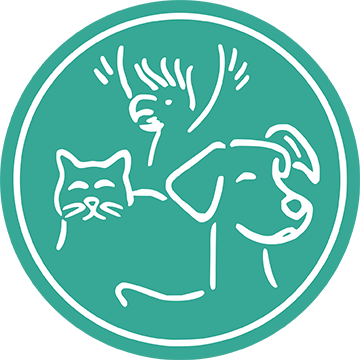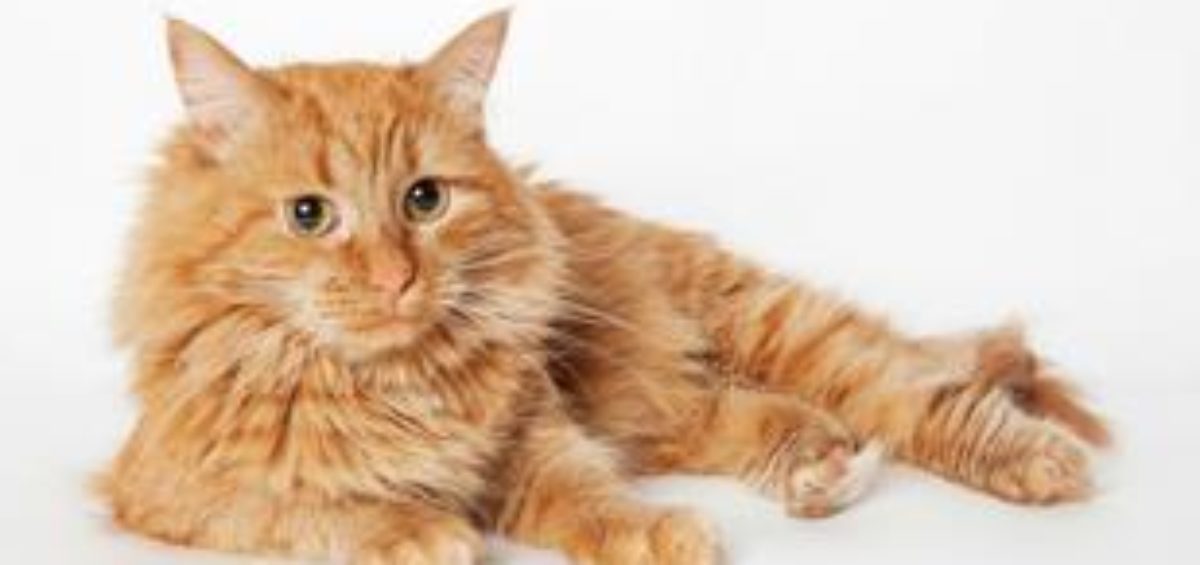Picture your 70 year old Grandma. She takes a while to get moving in the morning, sometimes loses her train of thought and loves an afternoon nap. You could have just described most 13 year old cats whom would also be considered senior.
All cats and dogs over the age of 7 are considered senior. Just like humans, as your pet ages, changes occur in his or her physical condition that require more frequent visits to the vet. If medical problems are recognized and treated when they are first detected, the treatment may be easier for your pet and less costly for you. To aid in this early diagnosis we suggest the following:
Biannual vet checks
See your vet every 6 months to get your pet checked over. Their annual vaccinations can be incorporated into one of these checks. This is a great opportunity to discuss any issues that may have developed. An ideal senior health check should include a physical exam, blood pressure check, urine test and blood test. Usually the vet will also ask about your pet’s mental status and discuss possible indicators of arthritis.
A good quality diet
We cannot stress enough how important a good quality, balanced, “senior“ premium diet is. It will significantly prolong the life of your dog or cat as well as so many extra benefits for skin, joints, teeth and weight maintenance to name a few. Supermarket brands are not considered premium foods. Look for brands such as Hills or if your pet prefers home cooked discuss with your vet the best way to balance this diet. There are also prescription diets available for certain “old age” issues such as kidney disease, dementia or arthritis which can have a huge impact on the health of your pet.
Dental management
Dental disease is extremely common in older animals and often overlooked as a source of pain and discomfort. Your vet should check your dog or cat’s teeth every 6 months and address any apparent issues. A lot of our clients are worried about putting their older animals under anaesthetic. However dental procedures are commonly performed on older animals as long as they are otherwise well so please discuss with the vet the risks and issues with performing this procedure in your pet.
Arthritis management
Arthritis is another frequent source of pain for these older dogs and cats and is often not treated as the pet is just considered “old.” However these animals are often hiding their discomfort. Supplements and medications are available to help alleviate pain and a specific arthritis plan can be formulated to help ease your pet’s suffering.
A whole lotta love!
Most importantly give your senior pet extra cuddles and attention! Keeping a close eye on them will mean you pick up changes early such as lumps or smelly breath.
Plus keeping their minds active and lots of interaction prevents cognitive decline. Your vet is relying on you to convey how they are going in their day-to-day life and will be guided by your impression on how well they are aging.

